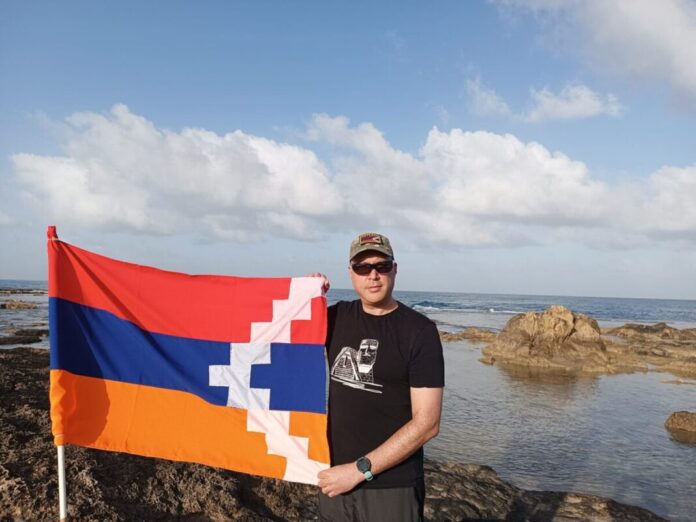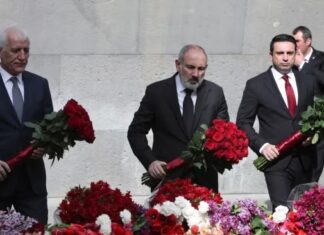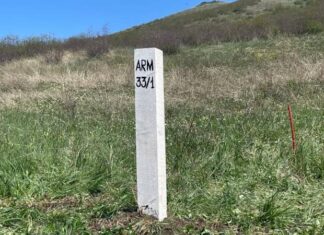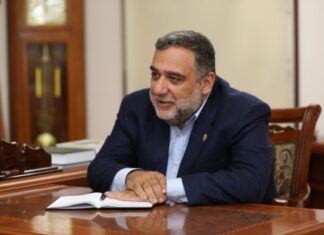YEREVAN (Public Radio of Armenia) — European rabbis affiliated with the Rabbinical Center of Europe (RCE) have faced strong criticism over their latest statement seeking to downplay the scale of the ongoing humanitarian catastrophe in Nagorno Karabakh.
A group of 50 senior leading European rabbis have expressed their concerns regarding the usage of terms such as “genocide” in reference to the situation the native Armenian population of Nagorno Karabakh is facing.
“Expressions such as ‘ghetto’, ‘genocide’, ‘holocaust’ and others are inappropriate to be part of the jargon used in any kind of political disagreement. Usage of these terms belittles the terrible suffering experienced by the victims of the horrific holocaust and the Jewish people at large, which still bears the indescribable pain of the largest tragedy ever experienced by a single group,” wrote the rabbis in the letter addressed to Prime Minister Nikol Pashinyan and President Vahagn Khachaturyan. The rabbis are also expressing their concern over Armenia’s close ties with Iran, a country, they say, “incessantly openly and publicly calls for its destruction of the only Jewish country in the world.”
In their letter, the rabbis call upon the Armenian leadership to “explicitly and unequivocally clarify that the Armenian people recognizes and honors the terrible human suffering undergone by the Jewish people” and to stop “belittling the extent of the Jewish people’s suffering to further any political interest through incessantly using phrases associated with the Holocaust suffered by the Jewish people.”
Not only the Armenian authorities, but also representatives of the international community, several reports and statements from independent international organizations and human rights groups have been alerting about Azerbaijan’s ongoing policy in Nagorno Karabakh, which is genocidal in its essence. In a recent report the former chief prosecutor of the International Criminal Court Luis Moreno Ocampo argued that there is “a reasonable basis to believe Azerbaijan is currently committing a genocide against the indigenous Armenian population of Nagorno Karabakh.
“As a grandson of Holocaust survivors, a remnant of a family that was almost completely exterminated, I condemn the cynical self-appropriation of the memory of the Holocaust victims by that group of rabbis. The tragedy of our people should have been instructing this group of rabbis about the duty of supporting other nations who are in danger. The government of Azerbaijan violates the agreements it signed and decrees starvation on a population of 120,000 Armenians (Including 30,000 children), with the intention of wipe out the Armenian population of Artsakh,” Israeli activist and analyst on South Caucasus affairs Yaron Weiss said in response to the statement.









